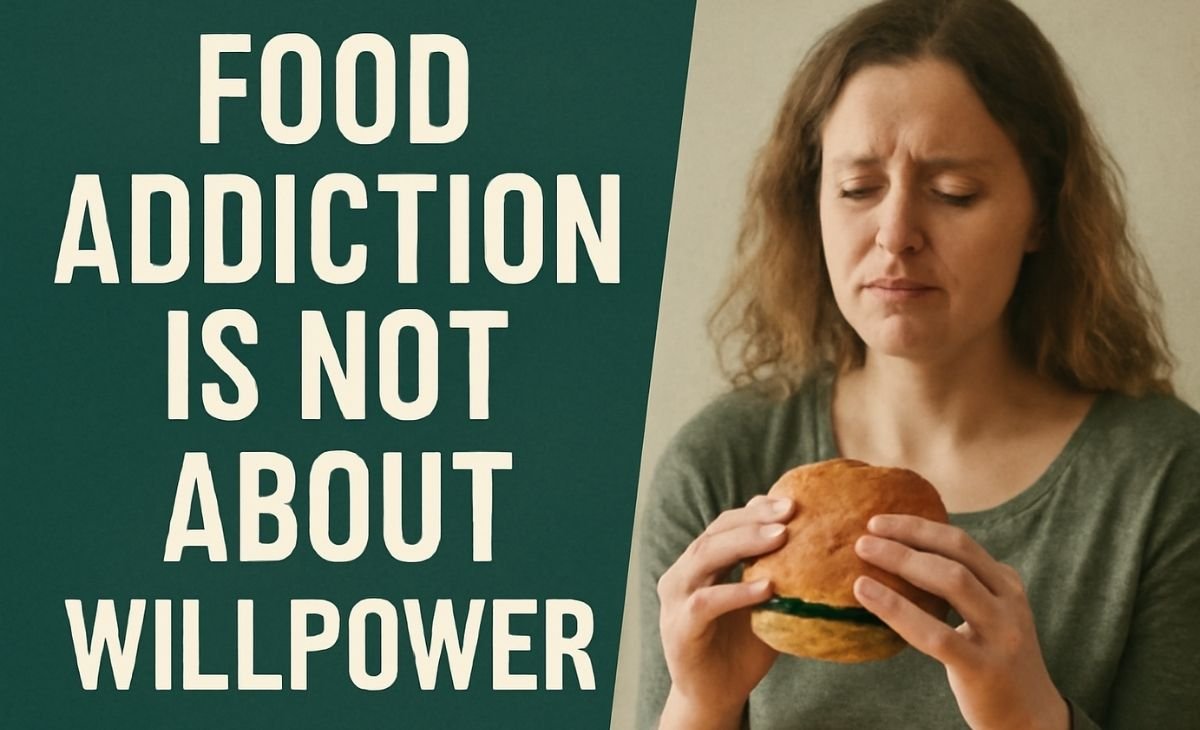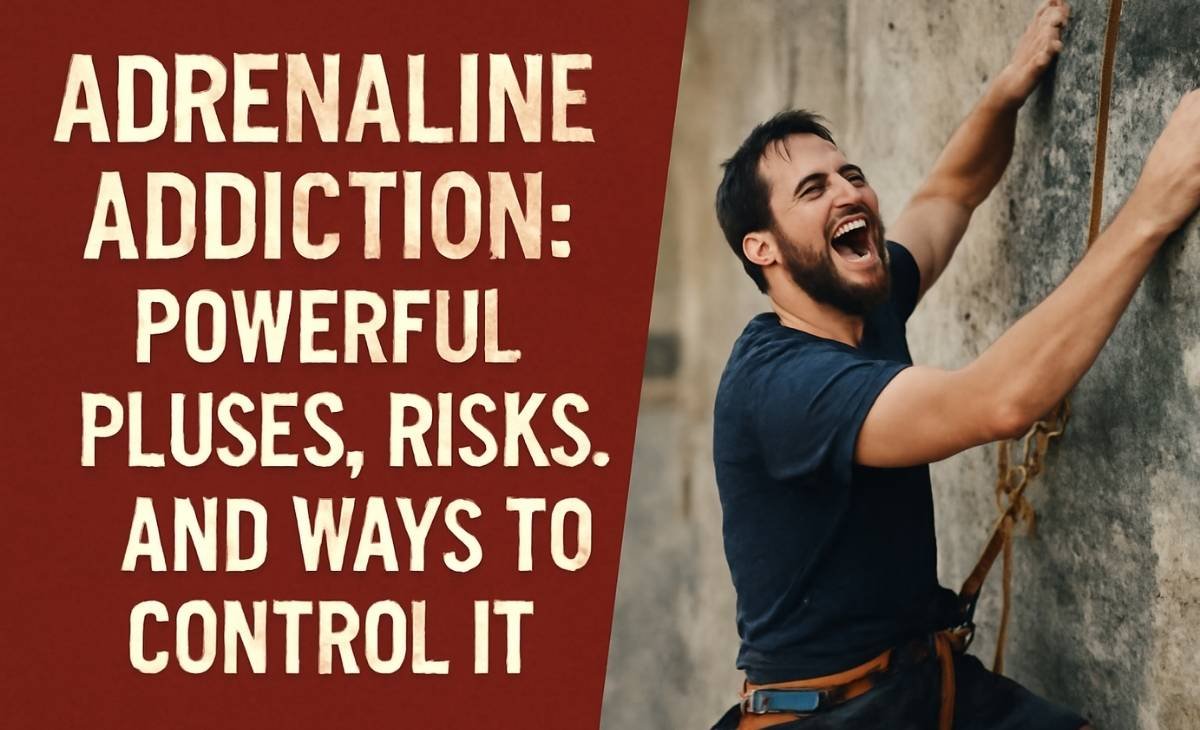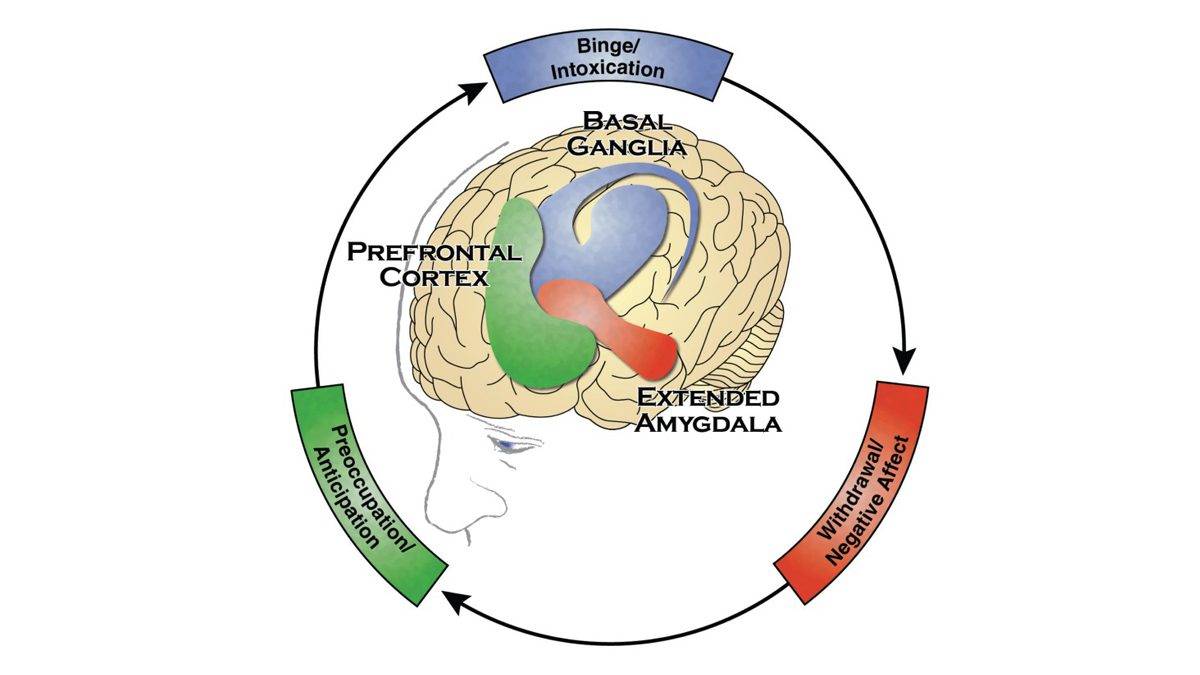Research Reveals the Brain Chemistry Behind Overeating Have you ever heard someone exclaim that a dessert — like a rich chocolate cake — is “addictive”? For most, it’s just a lighthearted comment about enjoying a treat. However, for others, food can become truly addictive, leading to a loss of control. Dr. Carolyn Ross, a renowned
Humans often feel torn between fully engaging with the emotions life brings, such as love and passion, and trying to avoid the pain and unpredictability of these emotions. When we choose avoidance, we may turn to certain behaviors, like addiction, as a way to escape. From social media to substances like alcohol and drugs, anything
When people think of addiction, substances like drugs or alcohol typically come to mind. However, adrenaline addiction is a unique form of dependency where individuals thrive on the rush of stress-induced adrenaline. This behavior often manifests through procrastination, risky activities, or confrontational habits to experience the high. If left unchecked, it can lead to physical
Addiction to substances such as tobacco, alcohol, stimulants, and opiates follows a predictable cycle. A study by experts Nora Volkow, George Koob, and Thomas McLellan outlines the phases that addiction takes hold: binge and intoxication, withdrawal and negative affect, and preoccupation and craving. Each stage corresponds to changes in brain systems, reinforcing addictive behaviors. The
Four Reasons to Pay More Attention to Alcohol Abuse Alcohol is one of the most commonly misused substances worldwide, with serious consequences for individuals and communities. Here’s why it deserves more attention: 1. Alcohol Is Not Harmless Unlike cocaine or heroin, alcohol’s dangers are often downplayed. Binge drinking, while socially accepted in many circles, can
Is ‘Chaos Addiction’ Another Term For ‘Workaholism’ or Something Different? Last year, three independent things happened that led me to write this article. Firstly, I received an email from one of my blog readers who wrote: “I’m a recovering addict. I still find that hard to admit even after time in therapy and the support of my
Gambling is a fascinating psychological phenomenon, deeply rooted in human behavior. Extensive research has explored how psychological processes shape gambling habits, often revealing surprising insights. Below are five compelling facts about gambling and the psychology behind it. 1. Being in a Good Mood Leads to Increased Gambling Did you know that your mood can influence
Smartphones have evolved from being mere tools to essential components of our daily lives. From constant connectivity to fulfilling emotional needs, they’ve transitioned into devices we rely on for far more than convenience. However, this reliance often leads to smartphone addiction, a growing concern for people of all ages. But why are smartphones so addictive,
Effective Strategies to Tackle Alcohol Abuse Among Students Binge drinking among college students is a serious issue, leading to problems like poor academic performance, strained social relationships, and health risks. While anti-smoking campaigns have seen great success, similar efforts targeting binge drinking could help reduce its impact. According to the National Institute on Alcohol Abuse
Unmanaged anger can deeply damage relationships. One of my patients, for instance, stopped all interactions with male colleagues because of her partner’s jealousy and anger. Even during simple lunches, he would overwhelm her with messages to the point where she gave in to avoid conflict. Over time, she realized the importance of setting healthier boundaries.










